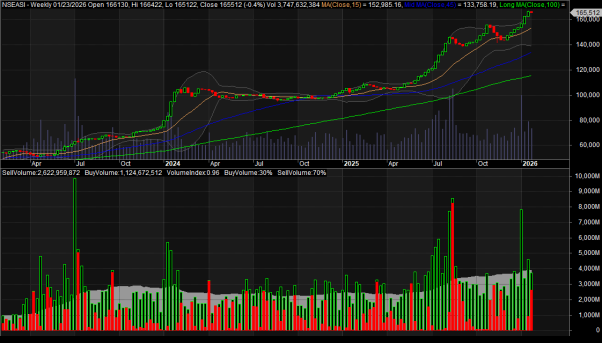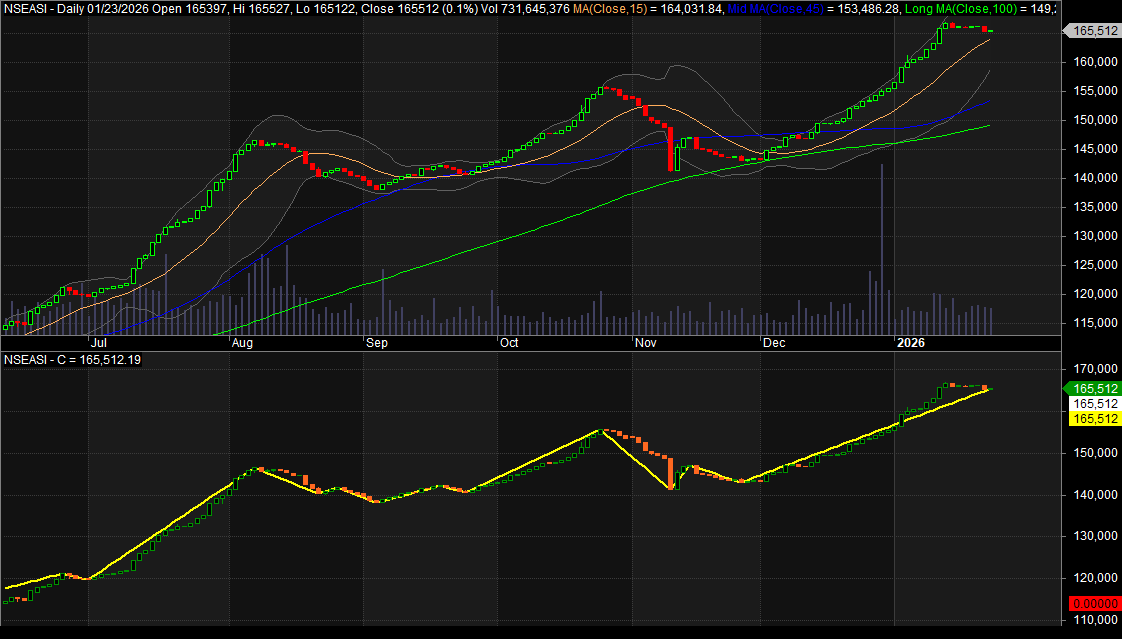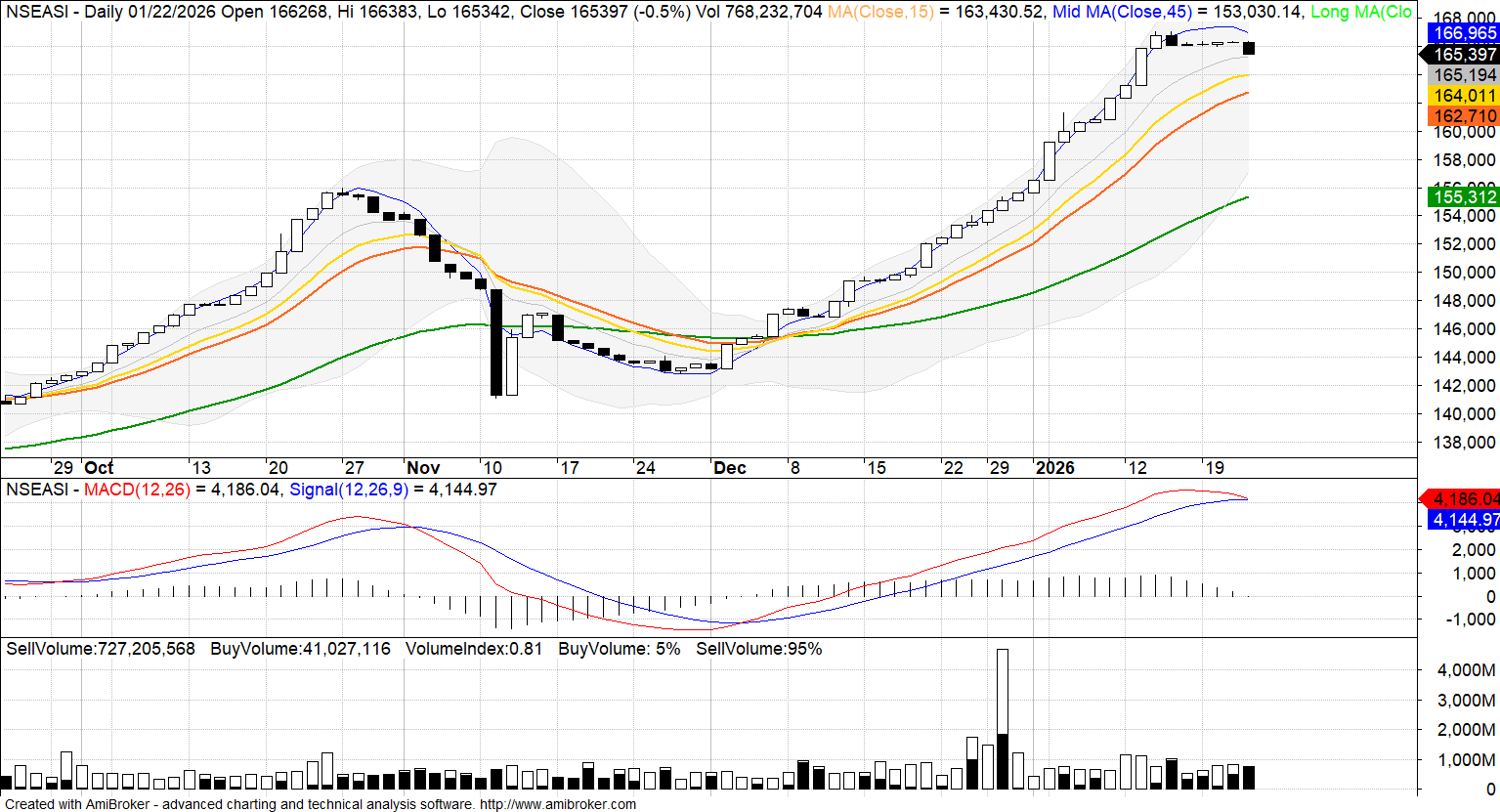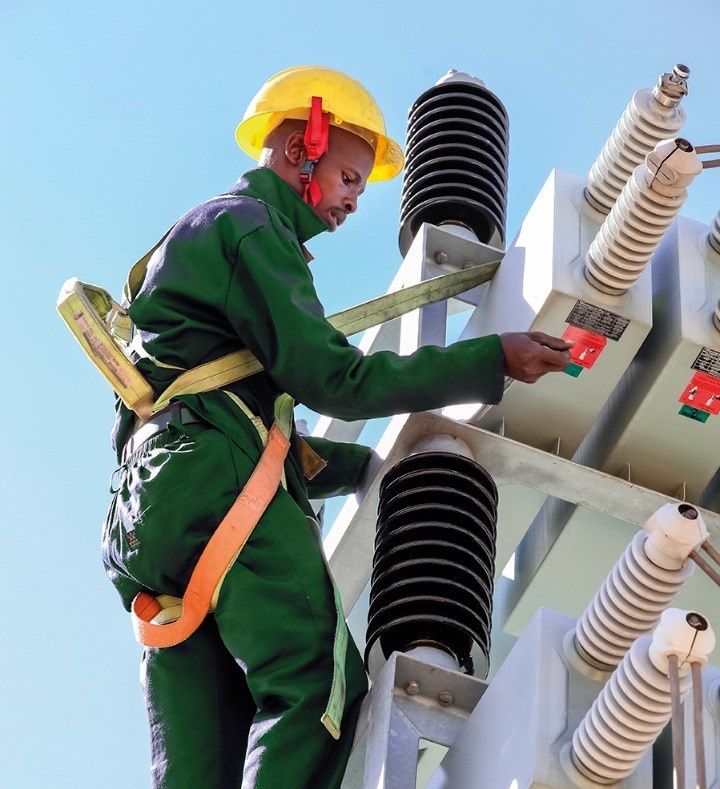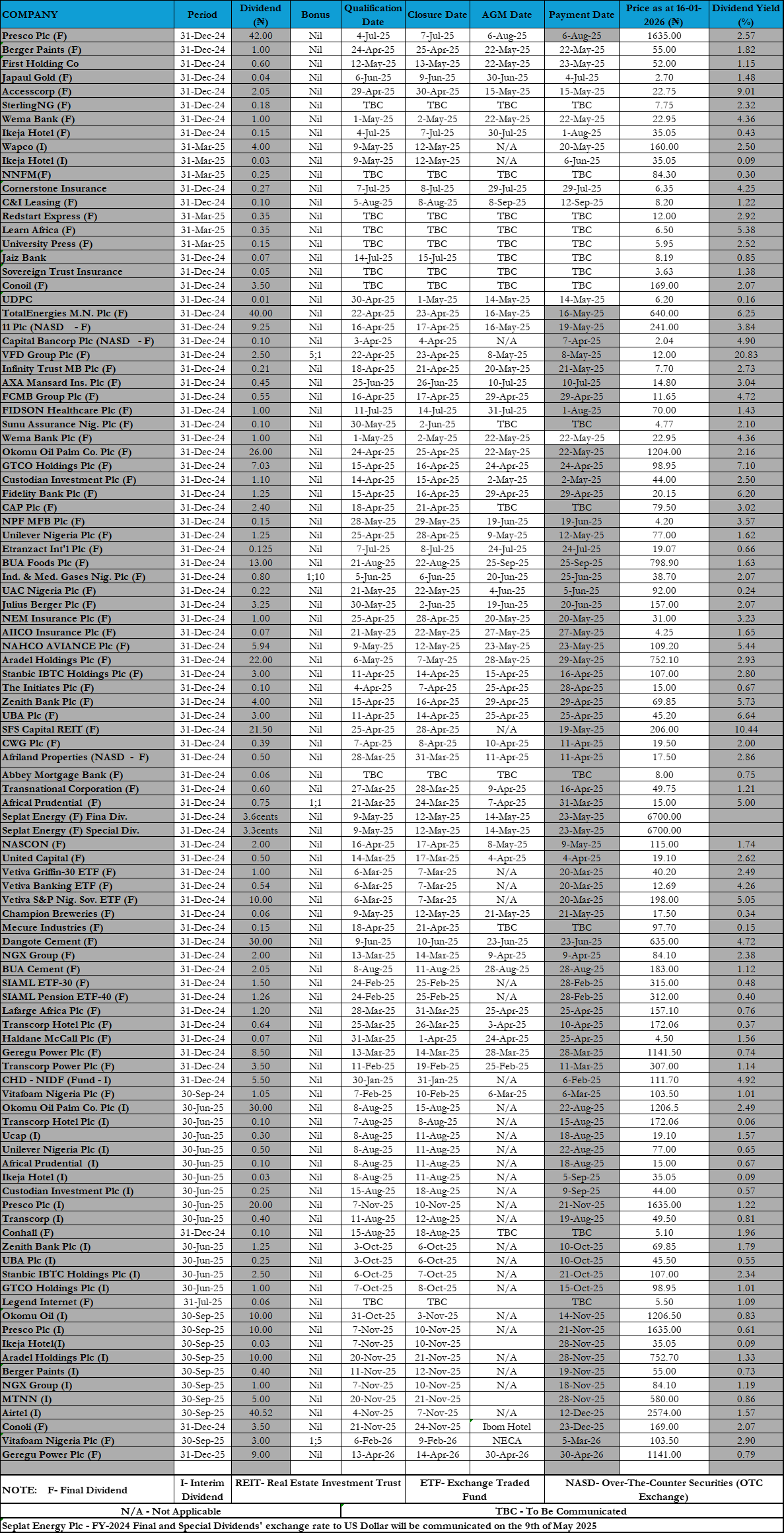
Akintunde Oyedokun
Research Analyst
Oil prices dipped Friday as hopes for a Russia-Ukraine peace deal raised expectations of eased supply disruptions. Brent crude fell 28 cents to $74.74 per barrel, while WTI dropped 55 cents to $70.74. Losses were softened by a U.S. decision to delay reciprocal tariffs.
Trump initiated talks to end the conflict, which could lift sanctions on Moscow and increase oil supply. Meanwhile, global demand surged to 103.4 million barrels per day, and U.S. energy firms expanded drilling for a third consecutive week. Additional pressure on Iran also influenced market sentiment.
Japan’s Inflation Rises In January Amid Higher Food Costs, Reduced Subsidies
Japan’s core consumer price inflation likely accelerated to 3.1% in January, matching the highest level in 17 months, driven by rising food prices and reduced energy subsidies, a Reuters poll revealed. The government plans to release stockpiled rice to stabilize costs. Meanwhile, exports grew 7.9% year-on-year, while imports surged 9.7%, leading to a trade deficit of 2.1 trillion yen ($13.76 billion). Machinery orders saw a marginal 0.1% rise in December, following a 3.4% increase in November. Key economic data releases are scheduled for February 19 and 21.
U.S. Import Prices Edge Up in January, Driven by Fuel Costs
U.S. import prices rose 0.3% in January, slightly below the expected 0.4%, as a fuel price surge offset declines in motor vehicles and consumer goods. Year-over-year, import prices increased 1.9%, down from December’s 2.3%. Core import prices remained flat. The data, coupled with firm inflation and a strong job market, pushed rate cut expectations to September. The Federal Reserve paused cuts to assess economic policies. Fuel prices jumped 3.2%, while auto prices dropped 0.4% for the third straight month.
Kenya Projects Lower Budget Deficit, Higher Spending in 2025/26
Kenya’s budget deficit is expected to drop to 4.3% of GDP in 2025/26 from 4.9% in 2024/25, according to the finance ministry. Government spending will rise to 4.34 trillion shillings ($34 billion) from 3.95 trillion shillings, with the deficit funded by 146.8 billion shillings in external borrowing and 684.2 billion shillings in domestic financing.
The revised projections come after President William Ruto scrapped tax increases worth 346 billion shillings ($2.7 billion) in June following mass youth-led protests, marking one of the biggest challenges of his presidency.
CBN Survey Highlights Ongoing Inflation Concerns Across Nigerian Businesses, Households
According to the Central Bank of Nigeria’s (CBN) January 2025 Inflation Expectations Survey, 85.5% of large businesses see inflation as high, with smaller businesses similarly affected—78.2% of medium-sized, 77.6% of small, and 80.9% of micro businesses share the same view. Urban residents (83.9%) are more likely to feel the impact of inflation compared to rural residents (82.8%), likely due to higher living costs in cities. Middle-income households earning between N150,001 and N200,000 monthly are particularly burdened, indicating the strain on Nigeria’s middle class. Despite the widespread concern, both businesses and households expect inflation to gradually decrease in the coming months, prompting more cautious spending. The survey, which involved 3,565 respondents, reveals the ongoing economic challenges faced across various sectors of Nigeria’s economy.


